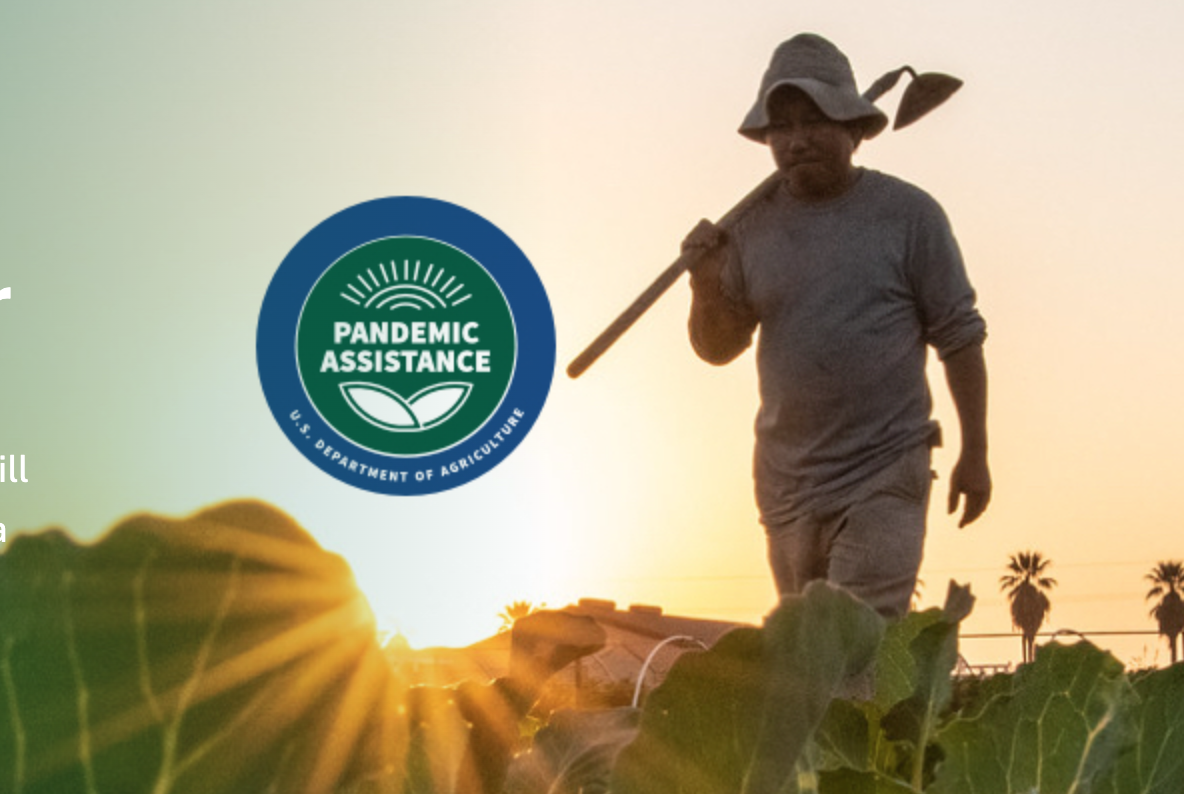Fairown is threading a subscription-based path for physical goods by offering products as a service. Founded in 2018 by Hendrik Roosna and Taivo Türnpu, Fairown is an Estonian fintech startup aiming to allow companies’ swift shift from a linear to a circular economy. They provide a unique platform that enables environmentally-conscious brands to offer their products on a subscription basis and ensure a smooth product renewal cycle by collecting and redistributing the used products.
For hardware products brands wanting to shift from the linear to the circular economy model, gaining complete control of their products’ life cycles is a major aspect, but it is pretty challenging to attain.
“It takes no less than a year for the average hardware product manufacturing company to set up a standard subscription model due to diverse industry complexities and dynamics. Fairown presents a 10x more efficient and faster solution. With our platform, companies can have a customised product subscription system launched within five weeks depending on the country involved,”
says Hendrik Roosna, Fairown’s CEO and co-founder.
How it works
From iPhones to PCs, down to furniture, every product with a proper value and potential for a second life has a specific checklist to evaluate its subscription value model. Fairown uses this to customise its subscription model for brands and retailers. At the front end, it is all so simple for the consumers. All they need to do is swipe for Fairown’s monthly payment method on the brand’s or retailer’s e-commerce platform and later give up the used product to Fairown.
At the back end, it is more complicated. When a customer checks out a Fairown partner’s product at the Point of Sale, Fairown initiates an unsecured loan contract with the local financial service provider. At the same time, the buyer is placed on a subscription-based payment plan. At the end of the subscription plan, the buyer can upgrade to a new model of the product while returning the used one to Fairown for upcycling or recycling.
“If companies have only a small quantity of used products coming back, there’s not much they can do with that. But if these old and used products come back in more significant product model amounts, probably 100,000 units and above per year, the factory would know what to do with them.
For instance, instead of buying new metal components and frames for new iPhones, they can use old ones or refurbish them. We bridge the gap between the used products and their new destination or final destination in the life cycle. And at the end of the products’ primary life, we step in to retrieve them from the consumers and redistribute them to the manufacturers, if the returns are in large volume, or to resellers, if in smaller quantities,”
Hendrik explains.
A rapidly growing market
Consumers now thrive under convenience and prefer access to products, when needed, over full ownership. Already, this is the case in the entertainment industry, where streaming services now rule. With more people being aware of how their carbon footprint impacts the ecosystem and wanting to reduce it, as well as regulatory and social initiatives.
Fairown’s subscription-based payment platform is already being used by various brands and retailers in the Baltics and Nordics. It is gaining popularity as a top payment option.
Since launching in 2018, Fairown, at a growing speed, has now served transactions worth €5 million. The startup has also secured a €4.2 million seed round towards advancing product subscriptions and waste reduction.
Source:






Comments